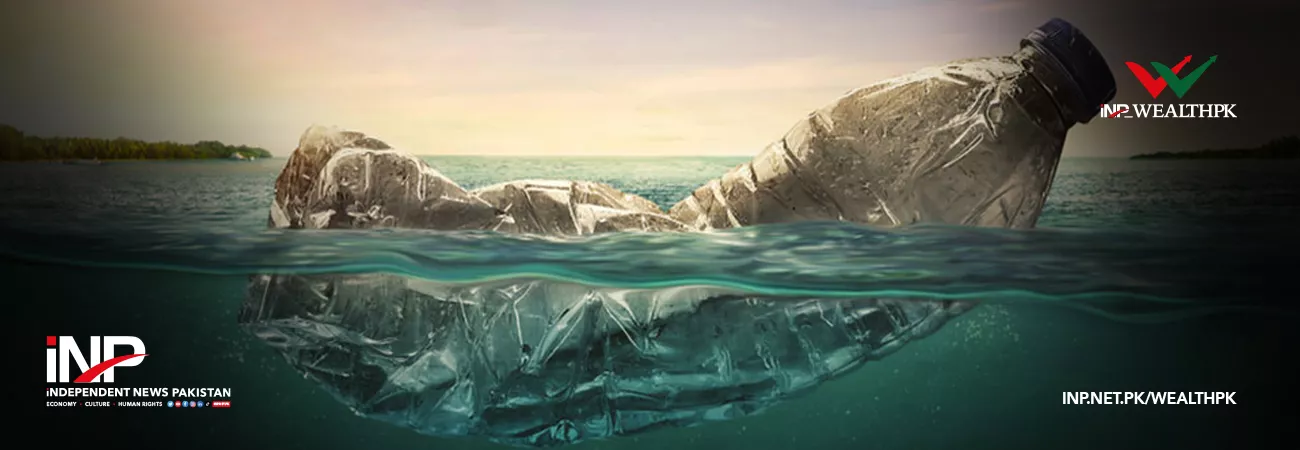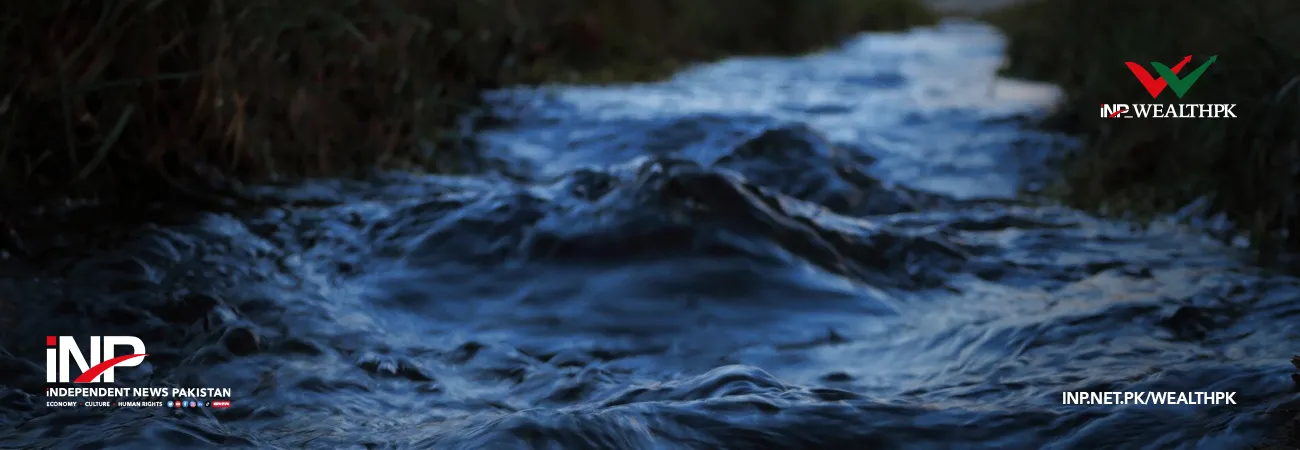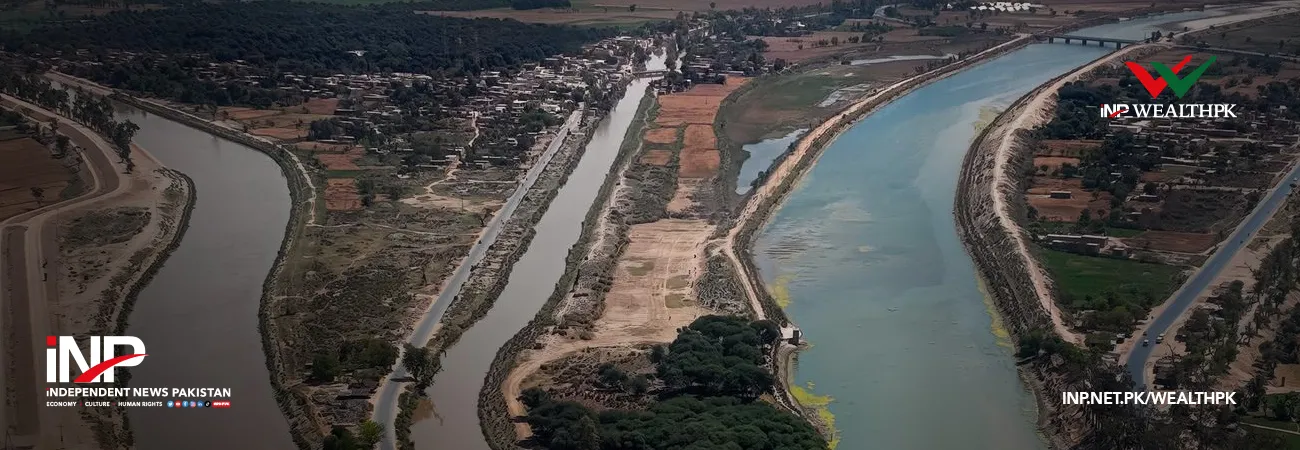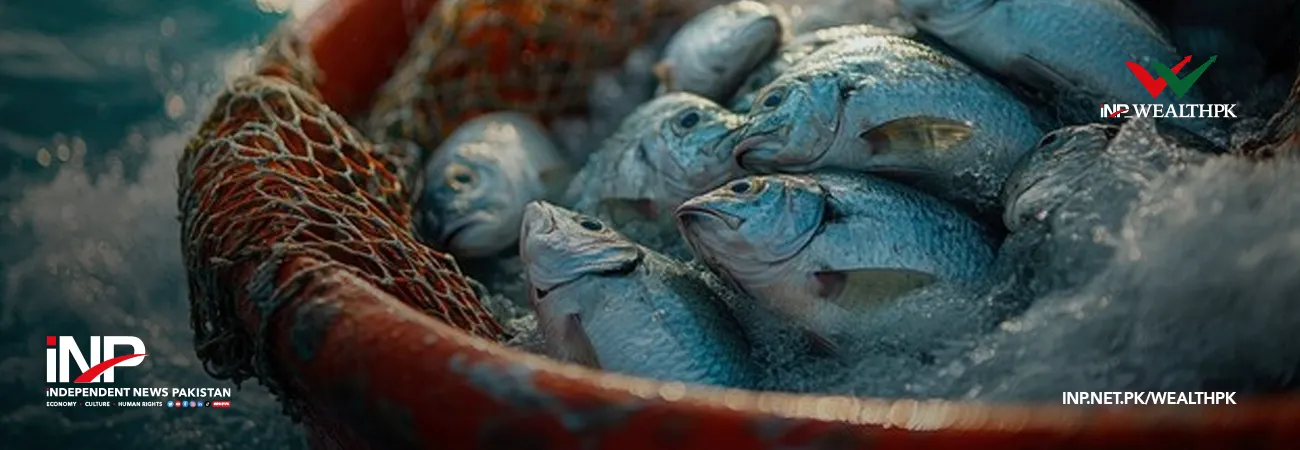INP-WealthPk
Saba Javed
Pakistan possesses one of the finest marine ecosystems, but unchecked pollution of the seawater has done a great deal of harm to the marine life, affecting sea health and productivity. A lot of effort is needed at the national level to ensure water decontamination through strong commitment and workable partnerships.
According to Dr Noor-us-Saher, an assistant professor at Centre of Excellence in Marine Biology, the University of Karachi, Pakistan should concentrate on improving the state of its maritime habitats because once blue waters have now turned black. “This is an alarming situation for Pakistan as untreated sewage has made the surroundings of the coastal belt devoid of animals. It is difficult to find shrimps, fish and other marine animals in a radius of five to seven kilometres. Marine life flourished in this area for millions of years, but in the last 20 years, it has completely disappeared due to contaminated water.”
According to a conservative estimate, the goods and services provided by sea in Pakistan – from fishing to tourism and coastal protection – are worth at least $2 billion per year. With 1,000 kilometres of coastline, Pakistan can generate up to $6 billion annually through maritime affairs.
Noor-us-Saher said the natural habitat and stocks of ecologically and economically significant species in the area had been negatively impacted by the disposal of untreated waste and marine pollution. “Some materials can take up to 600 years to break down, posing a serious risk to our sea and its inhabitants. For instance, plastic bottles can take 450 years to biodegrade, while cigarette butts can take up to 10 years.
Ocean is the planet’s largest carbon sink. It absorbs 90% of the excess heat in our atmosphere, but we are incurring tremendous damage to this phenomenon by pushing waste and garbage into the ocean, thus putting marine life at great risk.” Noor-us-Saher called for providing finance for biodiversity conservation, environmental protection and restoration, and finding fossil fuels substitutes. She said the authorities needed to support nature-based solutions, promote marine renewable energy and advance blue technologies.
According to World Wildlife Fund (WWF), the litter in the coastal areas consists of cigarettes and cigarette filters, plastic bags, food wrappers and containers, caps and lids, plastic and glass beverage bottles, eating utensils, beverage cans, straws and stirrers, paper bags, sewage and infectious hospital waste.
Karachi has many industrial zones but is deficient in proper waste management systems. A study carried out by WWF shows that more than 480 million gallons of untreated sewerage and industrial effluent are released into the sea from Karachi daily.Noor-us-Saher said Karachi’s three plants for handling such wastewater had long been inoperable.
She suggested setting up waste treatment plants at every industrial site, and avoiding dumping waste into the sea. She said the government should impose heavy penalties on the industries not setting up effluent treatment plants, and should use this money for launching environment-friendly projects. She added the government should also issue blue bonds to encourage responsible business practices that could result in environmental social governance-based incentives to solve the problem of waste management.
Credit: Independent News Pakistan-WealthPk













